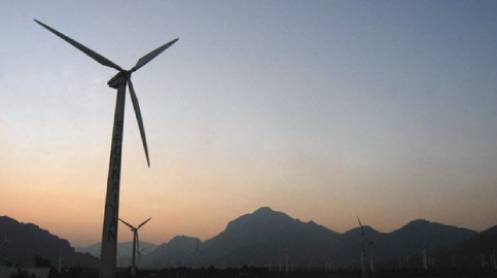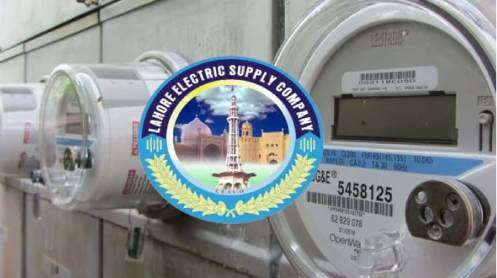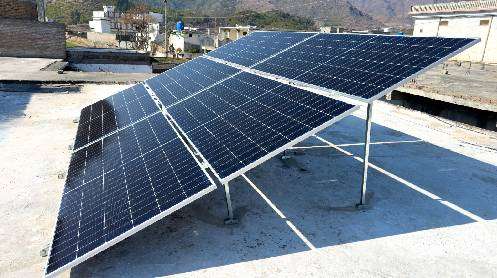Renewables to generate 81% of the country’s electricity by 2030
MADRID: Spain will double its 2030 biogas and green hydrogen production targets and raise its wider energy and climate ambitions, a draft of the government’s climate strategy showed on Wednesday.
The new plan includes higher goals for solar and wind power as well as energy storage and other initiatives.
Energy is a hotly debated topic in Spain ahead of national elections next month, with the front-runner, the opposition People’s Party (PP), pushing to reverse a planned phase out of Spain’s nuclear power plants.
The draft climate strategy sets a 2030 target of 11 gigawatts (GW) for electrolysers, which would be used to make green hydrogen, up from a previous 4GW. It also plans to double the target for biogas production to 20 terawatt hours (TWh).
The new plan also increases targets for wind generation capacity to 62GW, from 50GW, photovoltaic solar generation capacity to around 76GW, and power storage capacity to 22GW.
Overall, renewables would generate 81% of the country’s electricity by 2030, according to the text. The mix of measures will allow the country to cut emissions of climate-warming gases by 32% from 1990 levels, in line with an earlier Reuters report. The previous target was 23%.
The draft “takes new steps in the right direction in the fight against the climate emergency but it still falls short” when it comes to emission reduction, said Pedro Zorrilla, Chief of Greenpeace Spain’s climate change campaign, adding that the objective should be to reduce emissions by at least 55%.
The plan will catalyse investments of roughly 294 billion euros ($321.93 billion), the text says. Of this, 85% is expected to come from the private sector, with the remainder coming from public funds, including from the European Union. Such estimates shows that Spain has become “an enormously attractive and trustworthy country,” Energy Minister Teresa Ribera said on Wednesday.







